#Piano concerto
Explore tagged Tumblr posts
Text
youtube
#cat memes#meme#funny memes#animals#piano#piano music#piano concerto#piano cover#piano man#piano lessons#remix#bitcoin#solana#sol#cat#cats of tumblr#warrior cats#cute cats#orange cat#pets#Youtube
27 notes
·
View notes
Text
Luigi Boccherini (1743-1805) - Concerto for Piano and Orchestra in E-flat Major, G. 487, I. Presto. Performed by Eckart Sellheim, fortepiano, and Collegium Aureum on period instruments.
#luigi boccherini#classicism#classical music#piano#orchestra#period performance#period instruments#piano concerto#concerto#fortepiano#pianoforte#keyboard#strings#string orchestra#woodwinds#horns#band#boccherini#keyboard concerto
22 notes
·
View notes
Text

the kittens recital, karl reichert, 1836
#cats#oil canvas#oil painting#art#kittens#girlblogging#dark coquette#coquettecore#dark academia#piano#piano concerto
333 notes
·
View notes
Text

Nikolai Medtner
( 5 January 1880 – 13 November 1951 )
Happy Birthday, Nikolai!
#classical music#Medtner#Nikolai Medtner#birthday#composer birthday#Russian music#Post Romantic Music#Post Romanticism#Romantic music#Romanticism#20th century composers#piano sonata#piano music#concerto#piano concerto#violin#violin sonata#piano quintet#piano quintet music#chamber music#forgotten melodies#skazki
7 notes
·
View notes
Text
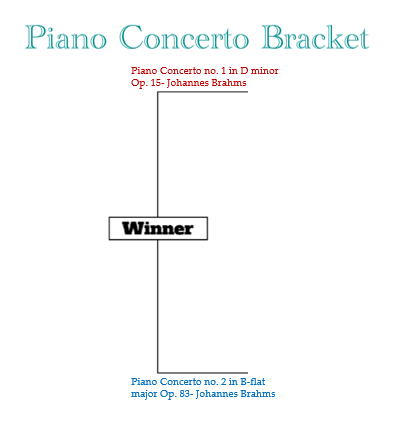
Round 1 begins on January 16th!!!
#piano#piano concerto#johannes brahms#music#classical music#poll bracket#tumblr bracket#why did i make this
45 notes
·
View notes
Text
youtube
Manuel Blancafort (1897-1987) - Concert per a Piano i Orquestra en La Menor Núm, 2 "Ibèric": II. Moderato non troppo ·
Daniel Blanch · · piano
Podlasie Philarmonic Orchestra · Marcin Naleçz-Niesiolowski
7 notes
·
View notes
Text

24.12.2024
Waiting for it
#classical piano#piano#learn piano#piano concerto#piano lessons#piano music#piano teacher#composer#piano cover#songwriter
7 notes
·
View notes
Text
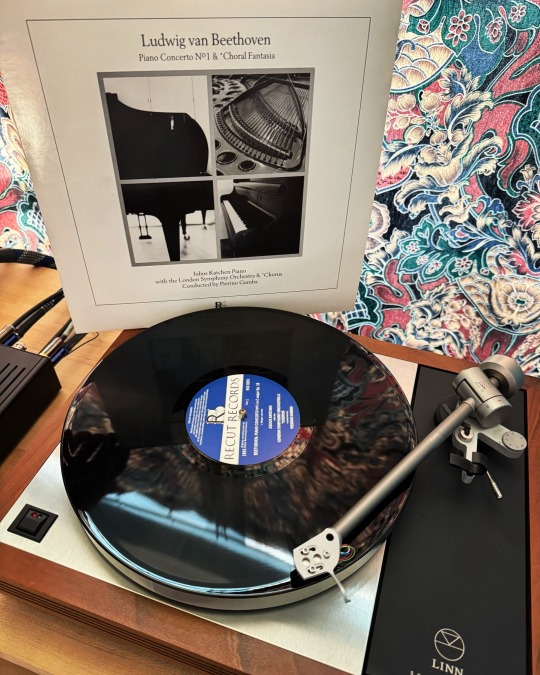
Sunday morning spinning: Beethoven’s Piano Concerto No. 1
13 notes
·
View notes
Text
youtube
Valentina Lisitsa, Beethoven, Moonlight Sonata III (Presto Agitato)
#beethoven#roll over beethoven#moonlight sonata#piano#piano concerto#piano cover#classical music#mahler#franz liszt#brahms#Adagio#presto#Allegretto#Shostakovich#german music#Haydn#mozart#Salieri#string quartet#Fifth symphony#Fidelio#goethe#Handel#music
10 notes
·
View notes
Text

Johann or John Baptist Cramer (1771-1858). Composer and pianist admired by Beethoven. A comment on this youtube video: "Beethoven regarded Cramer’s piano studies as the best studies by far. He even annotated many of them with performance advice. Highly recommend to check those out as it’s the closest we can get to a piano school by Beethoven himself."
I'd never heard of him until the radio played this piece this morning.
youtube
8 notes
·
View notes
Text

On May 27, 1784, Mozart bought a starling in Vienna, which lived with him for three years as a pet.
Mozart noticed that the bird, by nature, was very good at repeating the melodies it heard even after very few repetitions. But even more surprising was the little bird's ability to insert personal variations, and it seems that Mozart enjoyed using the starling as a prompter and as a sort of "creative aid" instrument.
One day the bird repeated the 17 opening notes of the Piano Concerto No. 17 in G major, K. 453, which Mozart had composed, with some variations, in particular by inserting a coda on the last bar of the first complete measure and singing a G♯ instead of a natural G in the following measure.
It was the starling's version that became the definitive version of Mozart's concerto.
On June 4, 1787, the starling passed away. For him, Mozart organized a sumptuous funeral and a worthy burial in the garden of his home and dedicated a passionate funeral poem to his friend.
5 notes
·
View notes
Text
I just finished recording of a new song.
Maybe it's still a chance that you'll hear it 💜
#piano music#piano#my sweet piano#piano tutorial#piano cover#piano concerto#pianolove#passion#self taught artist#small artist#digital artist#digital music#goth aesthetic#goth girl#gothic#goth makeup#new music#new song#upcoming#coming soon
7 notes
·
View notes
Text
Théodore Dubois (1837-1924) - Concerto No. 2 for Piano and Orchestra in f-minor, I. Allegro. Performed by Vanessa Wagner, 1874 Érard piano, and François-Xavier Roth/Les Siècles on period instruments.
#theordore dubois#romanticism#classical music#piano#orchestra#period performance#period instruments#piano concerto#concerto#strings#string orchestra#percussion#woodwinds#brass#band#rarely performed composers#keyboard#erard piano
25 notes
·
View notes
Text
Utterly taken by Hummel's Piano Concerto No. 2, which starts as a perfectly normal Baroque concert and then the fortepiano goes off into a completely unexpected Romantic direction
#I'm looking into it and Schumann really liked it#which tracks#music#Hummel#piano#piano concerto#Johann Nepomuk Hummel
4 notes
·
View notes
Text
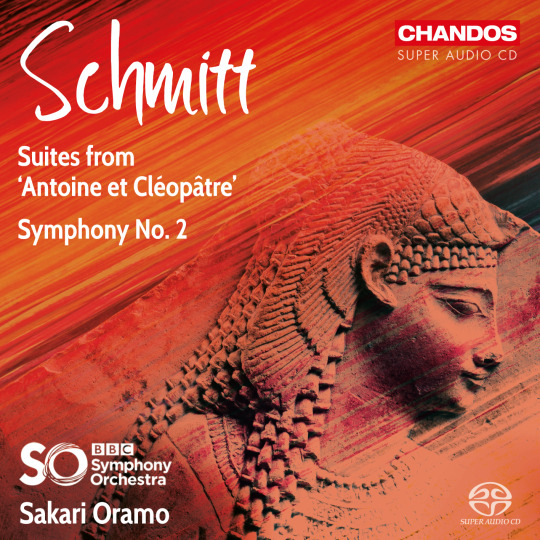
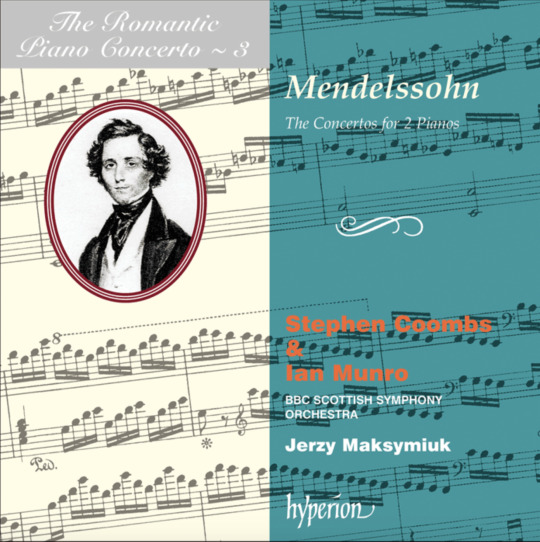
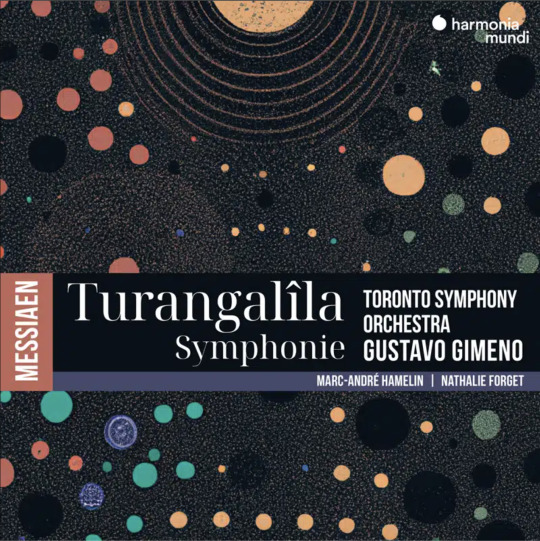
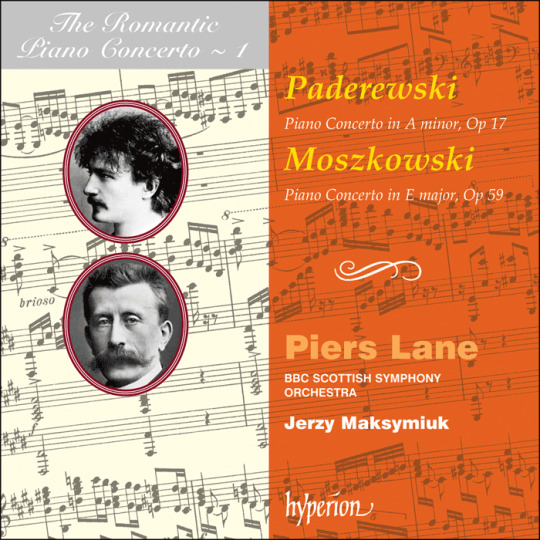
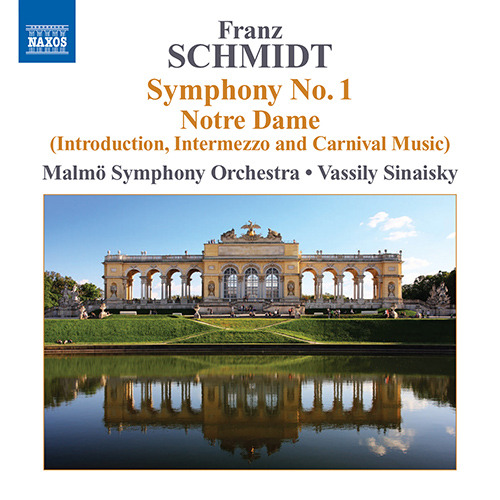
This Week's Listening & Muses - April 1-7
Schmitt - Suites from Antoine et Cléopâtre. For r/classicalmusic 's piece of the week. I haven't listened to much by Florent Schmitt, I know his symphonie concertante and some piano works. I liked his orchestration, like Debussy mixed with Strauss. Doesn't captivate me as much as the piano and chamber works but it is luscious.
Mendelssohn - Concerto in Ab Major for two pianos. Decided to listen through more of Hyperion's catalogue of "Romantic Piano Concertos", which were some of the works I listened to getting into classical music and were formative to my tastes. Mendelssohn's double piano concertos were written when he was a teenager for him to play with his sister Fanny, and they weren't published in his lifetime and apparently he thought they were immature. The concerto was charming and made me think of the early/classical Beethoven piano concertos
Moszkowski - Piano Concerto in E major. Another recording from the Romantic Concertos series, I hadn't listened to this one much before and wasn't that interested. Listening to it again now, I loved the exuberance and larger-than-life sounds
Schmidt - Symphony no.1. A less popular symphonist I was really into years back, late romantic and decadent. I didn't like this one as much at first, but listening now I'm surprised that I used to find it boring. It's very loud, grand, "majestic", and like a lot of romantic symphonies, long. It's great for blasting on speakers
Messiaen - Turangalîla. To break up the Romantic monotony, I was happy to see Marc-André Hamelin as the pianist for this masterpiece. Bombastic, "futuristic", otherworldly, fun and beautiful and sometimes mind-boggling.
I'll try to post the top favorites of music I listen to in a week to share some recommendations and act as my own listening diary, hopefully introduce some music to you guys or get recommendations in return!
#classical music#music#classical#orchestra music#piano music#piano concerto#orchestra#piano#symphony#symphony orchestra#Florence Schmitt#Schmitt#Felix Mendelssohn#Fanny Mendelssohn#Mendelssohn#Moszkowski#Moritz Moszkowski#Olivier Messiaen#Messiaen#Turangalila#Schmidt#Franz Schmidt#Antoine et Cleopatre#ballet suite#ballet music#Sakari Oramo#BBC symphony orchestra#Jerzy Maksymiuk#Stephen Coombs#Ian Munro
11 notes
·
View notes
Text
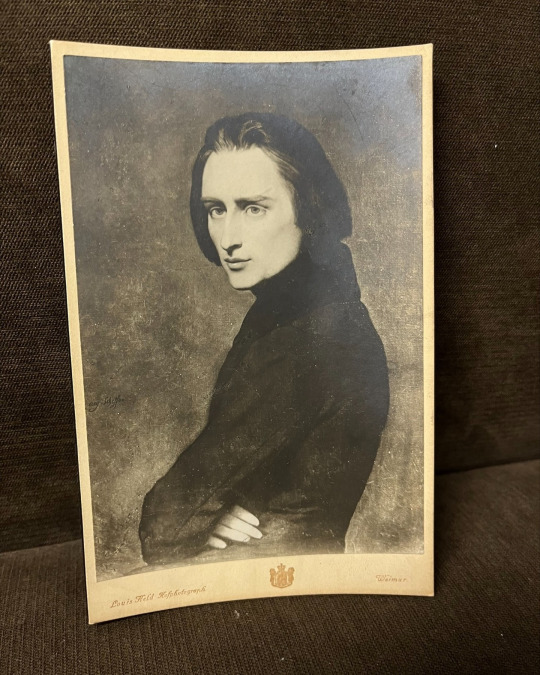
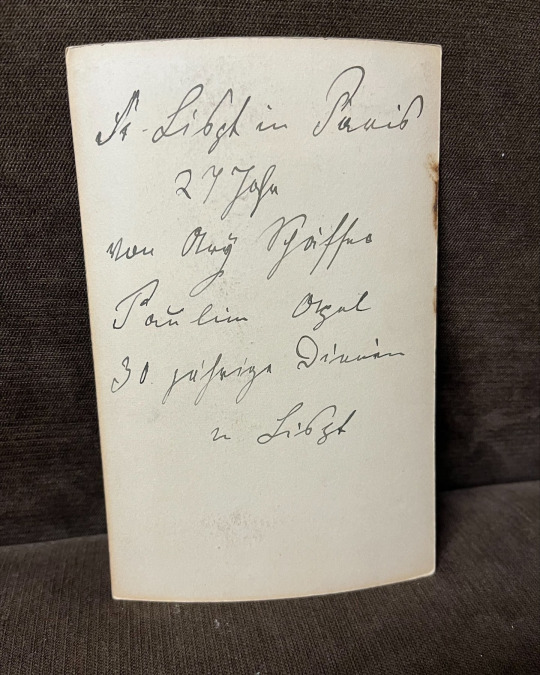
OTD in Music History: Legendary composer, conductor, and virtuoso pianist Franz Liszt (1811 - 1886) plays his second concert in Kiev in 1847, at what will become the tail end of his famous decade-long European concert tour. It is estimated that Liszt played well over 1,000 concerts in the decade between 1838 and 1848... So what made this particular concert notable? Sitting in the audience on that fateful evening was a twenty-eight-year-old fabulously wealthy Ukrainian princess named Carolyne von Sayn-Wittgenstein. Princess Carolyne was married to (but separated from) Prince Nicholas von Sayn-Wittgenstein, a landowner holding vast estates in Central Ukraine with more than 30,000 serfs at his beck and call. She had actually travelled to Kiev for business, and she only attended Liszt's concert on a whim after hearing about the success of his first concert in the city -- but that chance decision would change both of their lives (and the course of musical history) forever. Princess Carolyne was deeply struck by the flashy figure that she saw before her on the concert stage, and acting on impulse, she made a fateful gamble: Hoping to attract Liszt's attention, she left him an exceedingly large "anonymous" (but easily traceable) monetary gift at the theater. Like a moth to a flame, the curious Liszt quickly identified her and then came calling to thank her for her generosity -- and within a matter of weeks, he was making plans to abandon his touring life and take up with a (technically-still-married) princess... PICTURED: A c. 1890s cabinet photo of the famous portrait showing the dashing young Liszt c. 1837 (shortly before he embarked on his grand concert tour), as painted by noted Dutch-French Romantic artist Ary Scheffer (1795 - 1858). This particular cabinet photo is one of many that was handed out to visitors over the years by Pauline Apel, who served as Liszt's housekeeper for thirty years at his residence in Weimar. When it was turned into a museum the year after his death, Apel stayed on and served as the official tourist guide until her own death, forty years later, in 1926.
#Franz Liszt#Liszt#composer#conductor#virtuoso#pianist#teacher#piano#pedagogue#Romantic period#classical music#music history#Orchestra#Symphony#Faust Symphony#Overture#Mephisto Waltz#Piano Concerto#Concerto#Concert#Chamber music#opera#bel canto#choral music#Symphonic poem#Orchestral#Pianoforte#Don Sanche#Le château de l'amour
54 notes
·
View notes